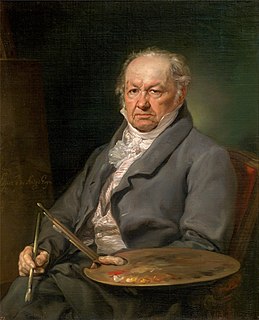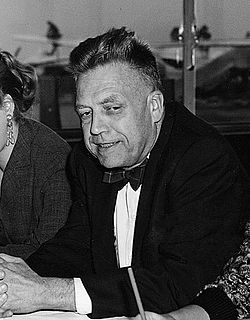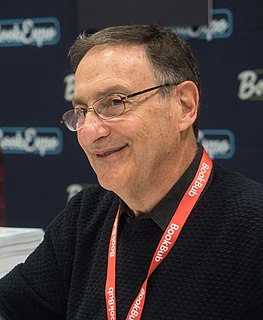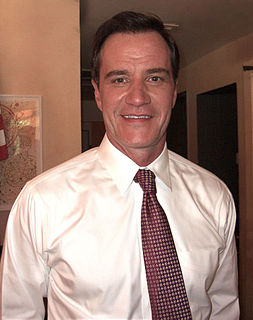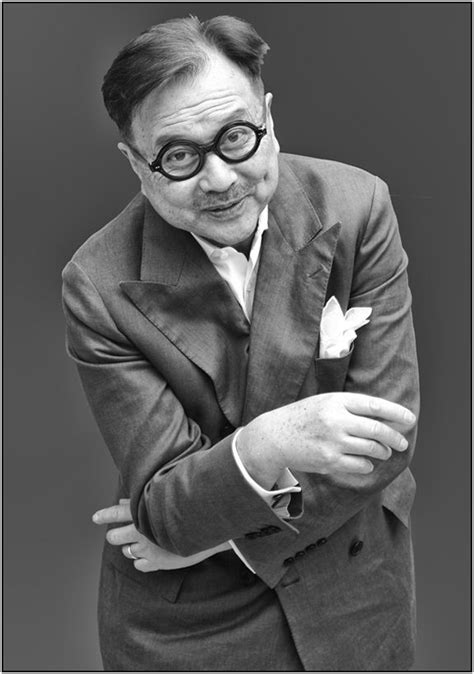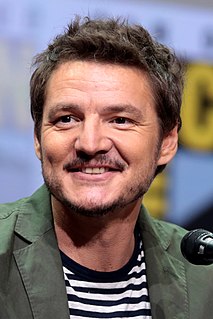A Quote by Francisco Goya
Painting (like poetry) chooses from universals what is most apposite. It brings together, in a single imaginary being, circumstances and characteristics which occur in nature in many different persons.
Related Quotes
Painting, like poetry, selects in the universe whatever she deems most appropriate to her ends. She assembles in a single fantastic personage, circumstances and features which nature distributes among many individuals. From this combination, ingeniously composed, results that happy imitation by virtue of which the artist earns the title of inventor and not of servile copyist.
It is amazing to observe how many psychologists and psychiatrists have accepted this sort of propaganda, and have come to believe that homosexual males and females are discretely different from persons who respond to natural stimuli. Instead of using these terms as substantives which stand for persons, or even as adjectives to describe persons, they may better be used to describe the nature of the overt sexual relations, or of the stimuli to which an individual erotically responds.
Poetry is essentially the antithesis of Metaphysics: Metaphysics purge the mind of the senses and cultivate the disembodiment of the spiritual; Poetry is all passionate and feeling and animates the inanimate; Metaphysics are most perfect when concerned with universals; Poetry, when most concerned with particulars.
I think the most remarkable thing about ice, in my opinion at least, is that it occurs in many, many, many different forms. Most solids occur in typically one or maybe two or three different forms, and ice has approximately 15 different crystal forms, as well as two forms that are called amorphous, which means without any shape at all.
The true essence of Chinese culture is sophistication, refinement, the spirit of poetry. The spirit of ink painting and calligraphy lives on forever. Calligraphy is more important than painting. Chinese always consider nature. Man is a very small part of nature. That's why in Chinese painting you see huge mountains and man very small, very humble before nature. You must be harmonious and one with nature. You don't fight it. And then there's a bit of a poetry. Of course, it's very complicated, but also very simple.
Herein is the explanation of the analogies, which exist in all the arts. They are the re-appearance of one mind, working in many materials to many temporary ends. Raphael paints wisdom, Handel sings it, Phidias carves it, Shakspeare writes it, Wren builds it, Columbus sails it, Luther preaches it, Washington arms it, Watt mechanizes it. Painting was called "silent poetry," and poetry "speaking painting." The laws of each art are convertible into the laws of every other.
I think of something quite different from a snapshot. I know of a lot of poems, some very fine ones, that are like snapshots, but I'm more interested in poetry that is like an endless film, long stories, things that weave together many different strands, like a big piece of cloth, not like a photograph.
